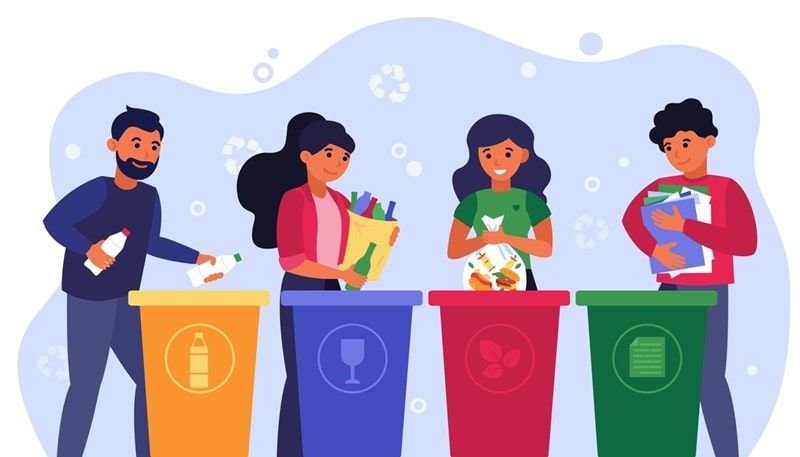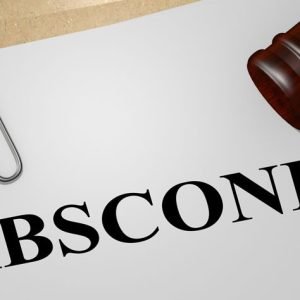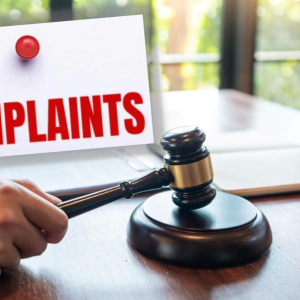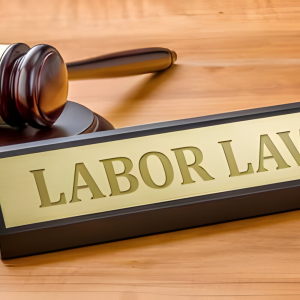In a significant move toward enhancing environmental sustainability, the UAE’s federal and local governments have come together to introduce new waste management rules. These regulations aim to streamline waste disposal across the country, reduce pollution, and ensure that waste is managed more efficiently. The collaboration between federal authorities and local governments is seen as a crucial step toward improving the overall waste management system and promoting greener practices nationwide.
The Need for Change
The growing population and rapid urbanization in the UAE have brought about increasing challenges in waste management. The volume of waste generated daily, especially in large cities like Dubai and Abu Dhabi, has strained existing systems. Waste management has long been a concern due to the environmental impact of landfill use, pollution from waste incineration, and the increasing pressure on recycling systems.
The new rules are a response to these mounting challenges. They are designed not only to address the immediate need for more efficient waste management but also to ensure that long-term solutions are in place to protect the environment for future generations.

Key Features of the New Waste Management Rules
One of the most prominent features of the new regulations is the focus on reducing waste generation at the source. The government plans to encourage both individuals and businesses to reduce, reuse, and recycle as much as possible. The new rules introduce stricter guidelines for waste segregation, ensuring that recyclable and non-recyclable materials are handled separately from the start.

Another major feature is the introduction of a nationwide waste tracking system. Under the new rules, waste management authorities will be able to track the movement of waste from its point of origin to its final disposal site. This will help ensure compliance with the rules and prevent illegal dumping, a growing concern in many parts of the country.

Encouraging Recycling and Reuse
One of the main goals of these new regulations is to improve recycling rates. The UAE’s recycling rate has been relatively low compared to other nations, and the government is determined to change that. The new rules encourage citizens to separate waste at home, with clear guidelines on which materials can be recycled. This will make it easier for residents and businesses to follow best practices for recycling and reduce the amount of waste sent to landfills.
The government is also focusing on promoting the reuse of materials. Several initiatives are being introduced to encourage businesses to recycle products and materials, creating a more sustainable circular economy. Companies in sectors such as construction, manufacturing, and packaging will be required to adopt more environmentally friendly practices, reducing waste and emissions in the process.
The Role of Local Governments
Local governments play a crucial role in implementing these new regulations. Each emirate has specific needs, and local authorities are tasked with tailoring waste management solutions that fit their individual communities. The federal government has provided a framework, but it is up to local governments to ensure that it is adapted to meet their unique challenges.
In addition, local authorities will be responsible for monitoring compliance with the new rules. They will work closely with waste management companies, businesses, and residents to ensure that everyone is on board with the changes. To support this, local governments will be rolling out education campaigns to raise awareness about proper waste disposal practices and the importance of recycling.
Collaboration for a Greener Future
The collaboration between federal and local governments marks a significant shift in the UAE’s approach to environmental sustainability. By working together, the two levels of government can create a more integrated and effective waste management system. This cooperation is also crucial for building public trust, as citizens are more likely to support waste management initiatives when they see their governments working together toward a common goal.

The government is optimistic that the new rules will lead to a significant reduction in waste generation, increased recycling rates, and a cleaner, healthier environment for all UAE residents. Experts believe that the regulations will position the UAE as a leader in environmental sustainability, setting an example for other countries in the region and beyond.
What This Means for Businesses and Residents
For businesses, the new regulations will require a shift in how they handle waste. Companies will need to comply with stricter recycling and waste segregation guidelines. This will require some investment in new equipment and processes, but the long-term benefits, including cost savings and improved environmental reputation, will outweigh the initial costs.
For residents, the changes will require some adjustments in daily habits. Households will need to start separating recyclables from general waste, and there will be a greater emphasis on reducing waste by purchasing products with less packaging. Education and awareness programs will be crucial in helping residents understand how to comply with the new rules and make waste management a part of their everyday lives.
Future of Waste Management in the UAE
The new waste management rules are just the beginning. The government has plans to introduce even more stringent environmental regulations in the coming years, with a focus on reducing carbon emissions and increasing sustainability. The long-term goal is to create a system where waste is no longer a burden but a resource that can be reused and recycled to its maximum potential.
The UAE’s commitment to improving waste management is a crucial part of its broader environmental goals. As part of the country’s Vision 2030 initiative, the government aims to create a sustainable future for all residents. The success of the new waste management regulations will play a vital role in achieving this vision, contributing to cleaner cities, a healthier environment, and a more sustainable future for generations to come.
The Road Ahead
While the new waste management rules are a step in the right direction, they will require ongoing effort and cooperation from all sectors of society. The government’s focus on reducing waste at the source, encouraging recycling, and promoting sustainability will require the participation of individuals, businesses, and local authorities.
The UAE is determined to lead the way in environmental sustainability, and these new waste management rules are a crucial milestone in that journey. By working together, the government, businesses, and residents can create a cleaner, greener, and more sustainable future for all. The road ahead may be challenging, but with the right commitment and effort, the UAE is well-positioned to succeed in its goal of becoming a leader in waste management and environmental sustainability.
Also read: New Law Paves the Way for Emirati Entrepreneurs in Tech












